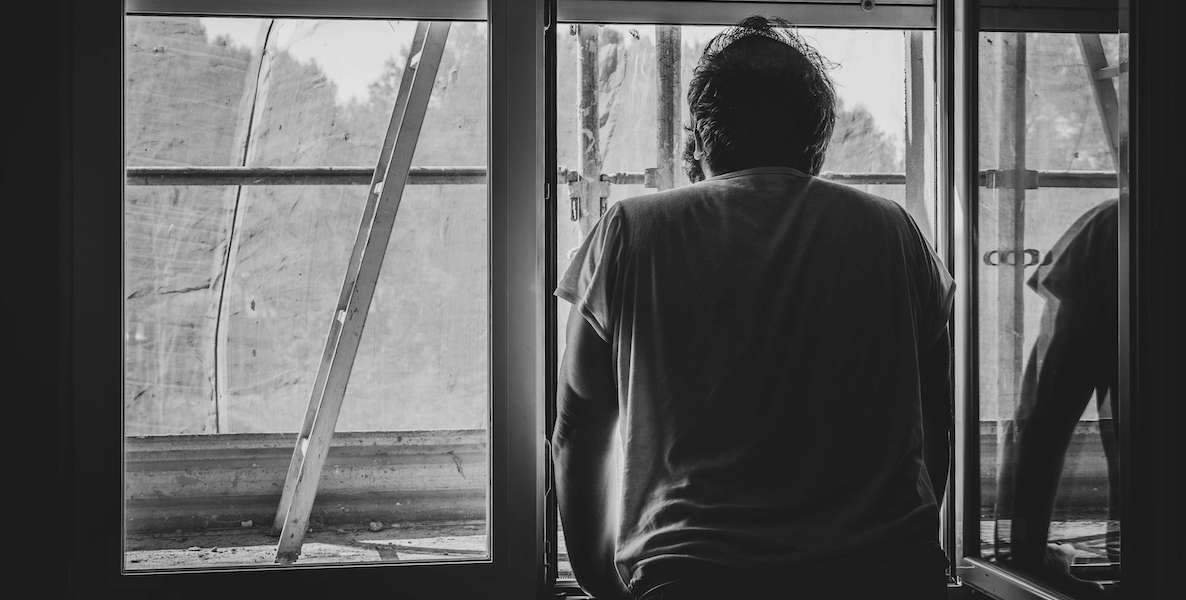The coronavirus pandemic has already taken a toll on our mental health. A recent survey indicates that the majority of Americans are more worried and have been greatly impacted by the coronavirus.
Beyond the average American, our frontline health care workers are being traumatized. They are working without adequate resources and they are worried about the impact on their loved ones. Unsurprisingly, they are reporting symptoms of depression, anxiety, insomnia and distress.
As more of us lose loved ones to Covid-19, our grief, especially in the midst of physical distancing, will be significant.
As losses mount, fatigue increases, uncertainty continues and the financial losses expand, these changes to our mental health are likely just the beginning. As a licensed clinical psychologist, I have significant doubts that our current mental health system can handle the emotional fallout of this pandemic.
To start, access to mental heath care—and psychotherapy in particular—was Help change legislationDo Something
This is both a rural and urban problem. Half of the counties in the United States have no mental health professionals in residence. Video-conference technology could help but is unnecessarily restricted by laws that don’t allow therapists to serve people out of state. Even in major cities, it is difficult to find a psychiatrist or psychotherapist on your insurance plan and get a quick appointment.
Thousands of studies have demonstrated that psychotherapy improves quality of life, for people with anxiety, depression, and substance use disorders and reduces their medical costs, too. Everyone benefits when we cut the billions of dollars in lost productivity resulting from untreated mental illness.
I knew how tough it was to get treatment, but I was startled several months ago when I returned a call from a prospective patient and she sounded overjoyed, telling me that in the last two weeks, she had placed calls to six clinical psychologists like me in the Philadelphia area and I was the only one who responded.
My colleagues are not cold and indifferent to the calls of potential clients. We’re carrying full caseloads with long waitlists—waitlists are that are only expected to increase in the upcoming months.
Many of us decide to offer out-of-network rates, and perhaps sliding scale fees for our services, rather than work directly with insurance companies that haven’t increased the reimbursement rates for clinical psychologists in 10 or 20 years.
Even now, in the midst of widespread adoption of tele-mental health to promote physical distancing, many insurance companies are continuing to reimburse for tele-health sessions at a lower rate than face-to-face services.
This is the bad news.
But the good news is that if we can improve access to mental health care, people will benefit. Patients need therapy services, not just medication. Thousands of studies have demonstrated that psychotherapy improves quality of life, for people with anxiety, depression, and substance use disorders and reduces their We all need it right nowGet support
Of course we now need to urgently focus on the physical health of our citizens, and yet our physical and mental health are intertwined. And we owe it to essential workers to have an adequate mental health system in place.
Our elected officials need to hear more about our experiences of seeking treatment and struggling to find the mental health care that we deserve.
Legislative action can help address many of these barriers to mental healthcare. Legislative changes can address the continued disparity in reimbursement rates for mental health care, and the restrictive practices of limiting therapists’ ability to practice using telemedicine when patients are located in different states.
Government can provide better student loan forgiveness programs for mental health practitioners who opt to practice in areas with limited resources.
Our personal stories of these experiences matter: in fact, they can be more effective than statistics in swaying our elected officials.
Calculate your therapy costLearn more
Now more than ever, we can all benefit from writing and tasking our representatives with making effective mental health treatments more accessible to all our citizens. Mental health care will be an essential part of any pandemic recovery plan.
Megan Spokas is a licensed clinical psychologist and associate professor of psychology and director of the Doctor of Psychology (Psy.D.) Program at La Salle University in Philadelphia.
Photo courtesy Jose Antonio Gallego Vázquez / Unsplash






